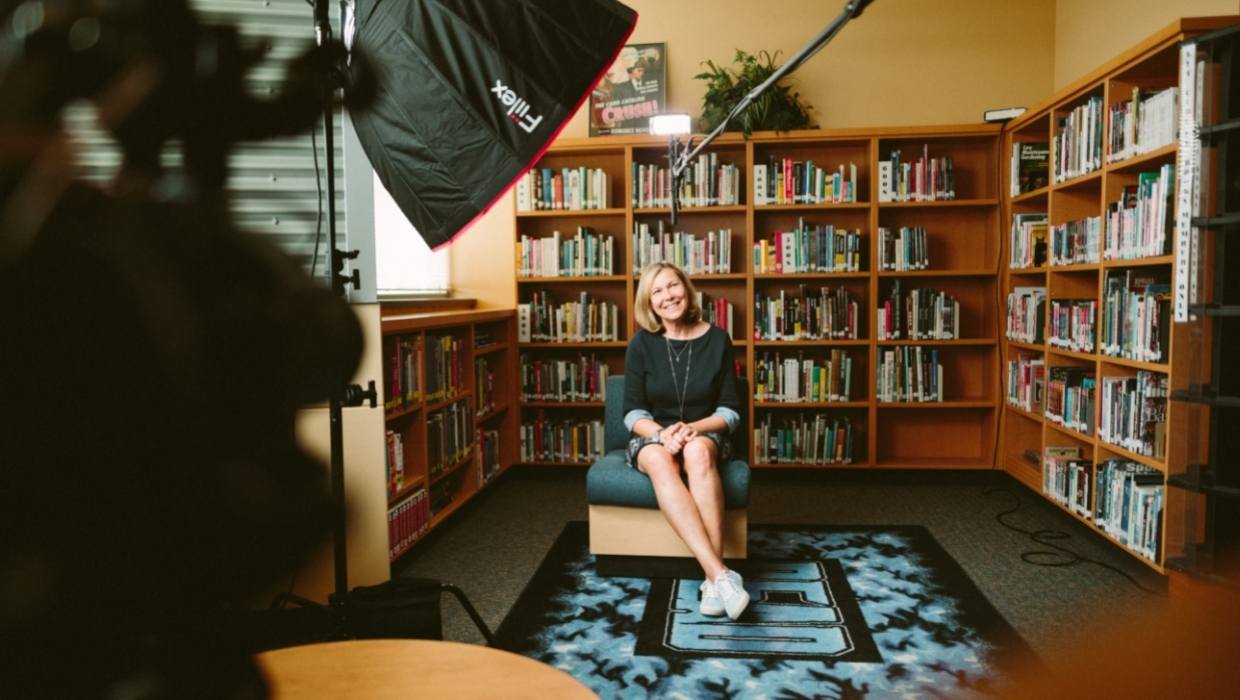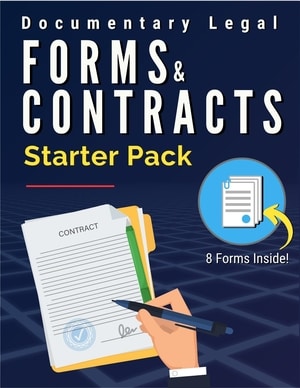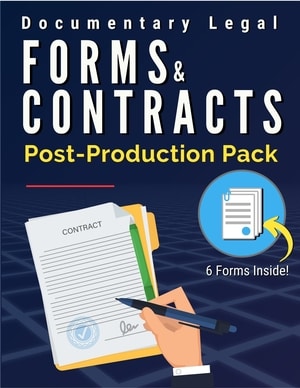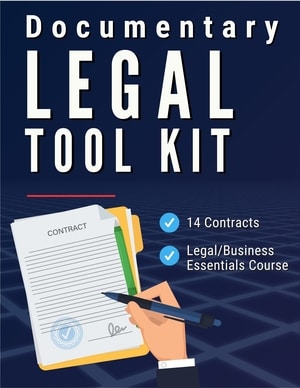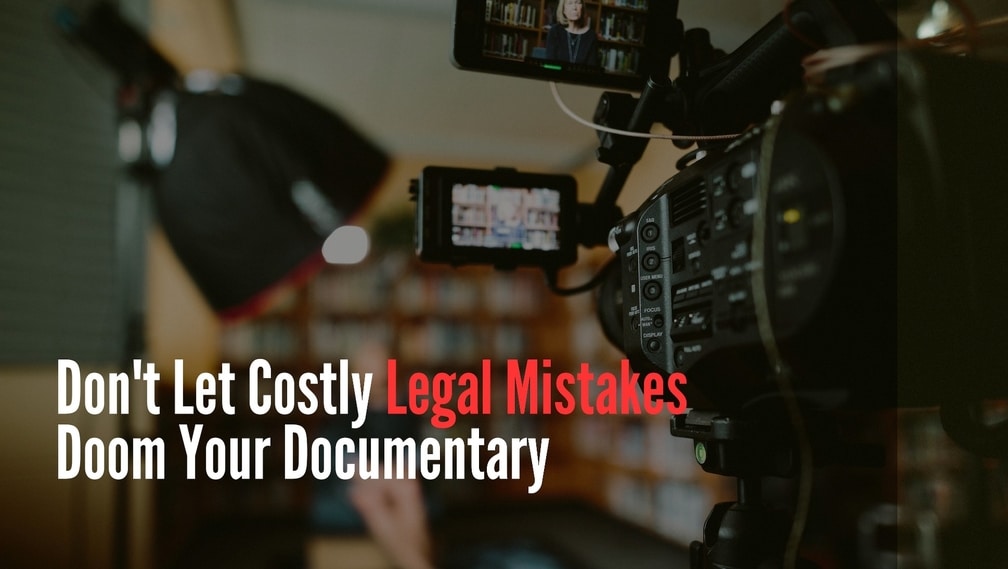Question about legal right to use a documentary interview
Documentary Legal Q&A:
|
Many years ago, I conducted an interview with a gentleman I did not get a release for (I was lax). I was making a documentary. He was very excited to see it finished and when I went for distribution, I went back to get a release. At that time he demanded $10,000 to sign the release. |
Entertainment Attorney Gordon P. Firemark | Answer:

This question underscores the importance of handling the “business” before, during and after the shooting.
While technically, it may not be strictly necessary to have a person’s written consent for an interview, it’s certainly the best practice. Whether you legally “need” the signed release depends on a number of factors.
The “Right of Publicity” is a person’s right to control how his or her name, likeness and other aspects of persona may be used. Especially when the use is “commercial” in nature. This area of law is a subject of state law, so it varies from place to place.
Some states recognize the right only for living persons, while others include deceased people. Some states don’t have such law whatsoever. So, unfortunately, this is one of the situations where I recommend you consult an attorney who can fully evaluate all of the factors, and advise you accordingly.
Another issue relates to the implied contract.
By sitting for the interview, and even continuing after you’d indicated that there would be no pay, this person induced you to invest time and resources in capturing the footage and incorporating it into your film. Then, by later demanding payment and revoking his consent, he *might* be deemed to have breached that contract. But since no money was changing hands, there are questions about enforceability.
But ultimately, whether you’re legally in the right, there’s the practical issue: Without a signed release, you won’t be able to get E&O insurance for your film, and thus, getting distribution is very unlikely.
Here, the safe bet is to negotiate a deal with the heirs, or remove the footage from your film.
And next time, use a release at the time of the interview, and avoid all these hassles.
Legal Filmmaking Resources
From The Offices of Entertainment Attorney Gordon P. Firemark
About Gordon P. Firemark
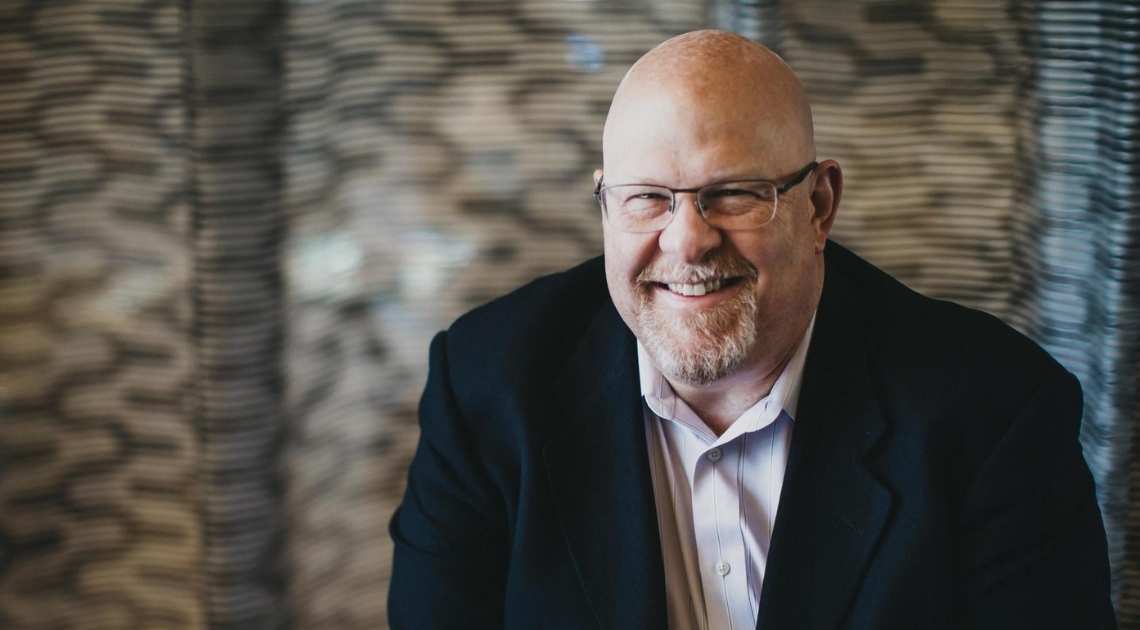 Gordon Firemark
Gordon Firemark
Mr. Firemark is an entertainment attorney based in California and also teaches Entertainment Law in Columbia College Hollywood's film program. He's the producer and host of Entertainment Law Update, a podcast for artists and professionals in the entertainment industries and the author of The Podcast, Blog and New Media Producer’s Legal Survival Guide.
Firemark's Documentary Legal Tool Kit is offered exclusively here on Desktop Documentaries.
The Law Offices of Gordon P. Firemark cover intellectual property, cyberspace, new media and business/corporate matters for clients in the entertainment industry. Learn More: firemark.com
This content is not intended to be used as a substitute for specific legal advice. No recipient of this content should act or refrain from acting on the basis of content without seeking appropriate legal advice or other professional counseling.
